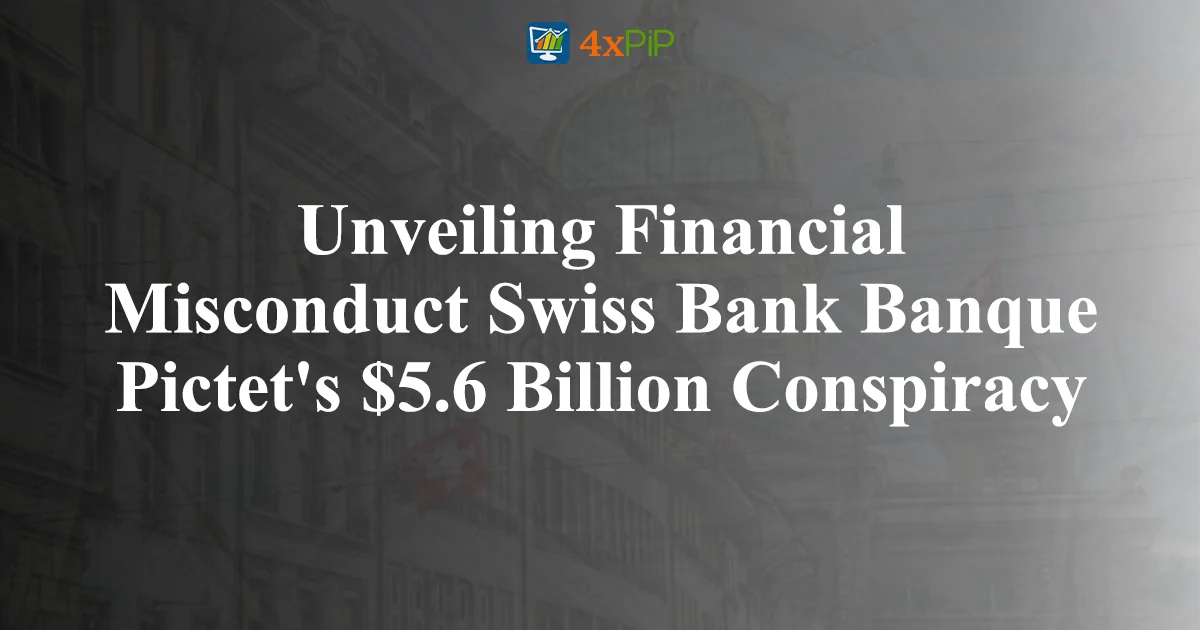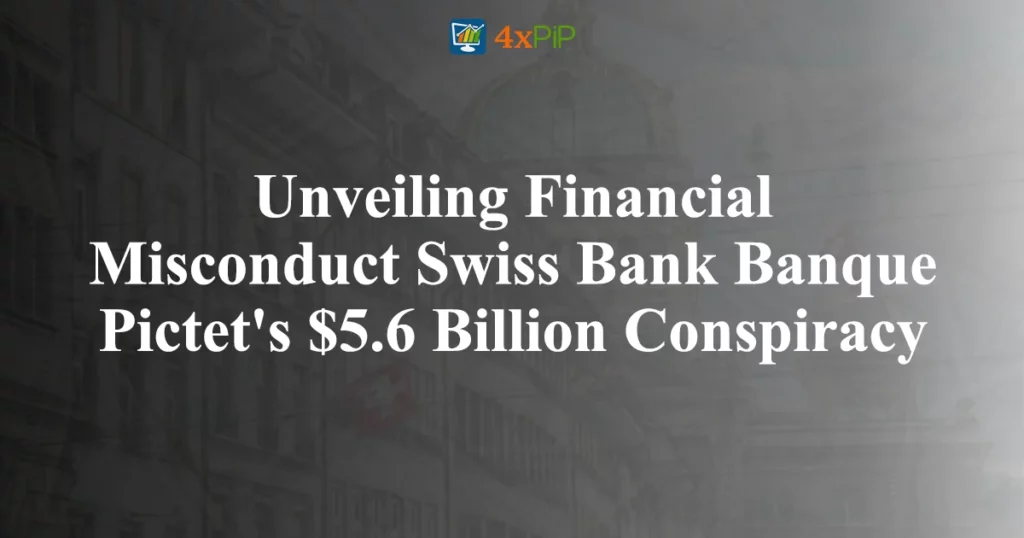In a shocking revelation, Banque Pictet, the private banking arm of the Pictet Group, confessed to conspiring with U.S. taxpayers to conceal over $5.6 billion from the Internal Revenue Service (IRS). The Department of Justice (DOJ) announced the admission, leading to a substantial restitution and penalty payment of approximately $122.9 million as part of an agreement with prosecutors.
Between 2008 and 2014, Banque Pictet managed 1,637 accounts for American clients, collectively evading around $50.6 million in U.S. taxes. These accounts held more than $5.6 billion of the bank’s total assets managed for U.S. taxpayers, amounting to roughly $20 billion during the specified period.
As a consequence of the agreement, the Justice Department has committed to deferring prosecution for three years. Subsequently, they will dismiss the criminal charge of conspiracy to defraud the IRS if the bank adheres to the terms. In a proactive move, Banque Pictet also pledged to cooperate with ongoing investigations into hidden bank accounts.
U.S. Attorney Damian Williams emphasized the commitment to root out financial malfeasance. Additionally, he encouraged companies to report wrongdoing voluntarily, underlining the importance of cooperation with authorities. This revelation, moreover, underscores the DOJ’s determination to hold financial institutions accountable for aiding tax evasion.
Banque Pictet’s deceptive practices involved opening, maintaining, and concealing undeclared accounts for clients, enabling them to evade U.S. taxes. The bank employed various tactics, such as retaining clients’ account-related mail at the bank to keep documents outside U.S. tax authorities’ reach.
Additionally, Banque Pictet formed offshore entities with no legitimate purpose, solely existing to assist U.S. taxpayer clients in hiding their offshore accounts and assets from authorities. The Pictet Group managed around 529 offshore entities during the relevant time frame.
To facilitate U.S. tax-evading clients, Banque Pictet transferred funds from undeclared accounts to those seemingly held by non-U.S. clients. This intricate maneuver was executed through fictitious donations, allowing U.S. taxpayers to retain control over the accounts.
The Pictet Group, in a statement, asserted its extensive cooperation with U.S. authorities, emphasizing compliance with Swiss law. They expressed satisfaction in resolving the matter and reiterated their commitment to ensuring clients meet their tax obligations.
In this alarming expose, Banque Pictet’s $5.6 billion conspiracy serves as a stark reminder of the vigilance required in the financial sector. Additionally, investors and taxpayers alike must remain informed and vigilant; moreover, they should be actively seeking transparency to safeguard against such illicit practices.
Conclusion:
The Banque Pictet case underscores the importance of ethical financial practices and the ongoing efforts to combat financial misconduct. Investors should stay informed, prioritizing transparency and accountability in their financial dealings.








